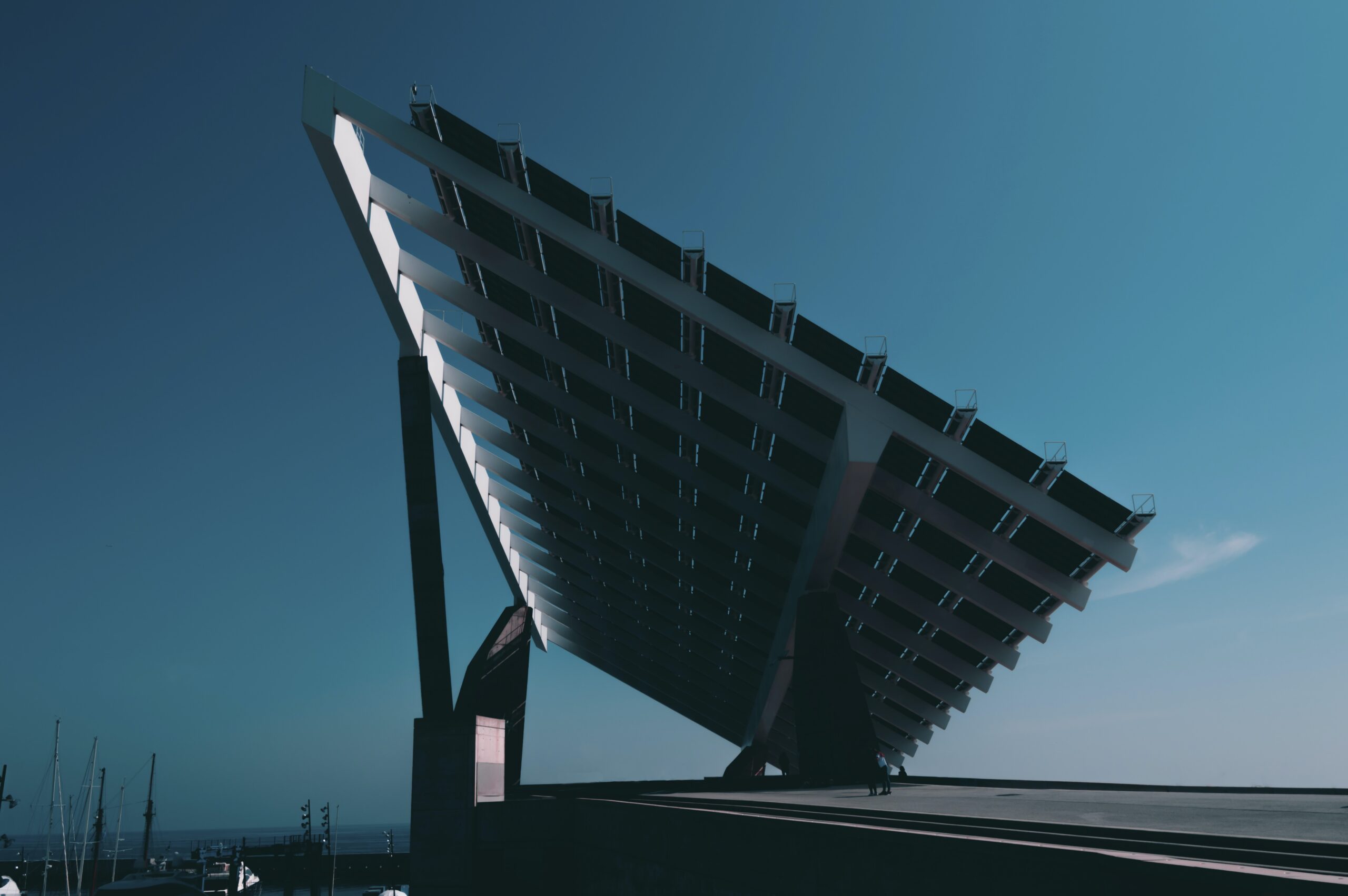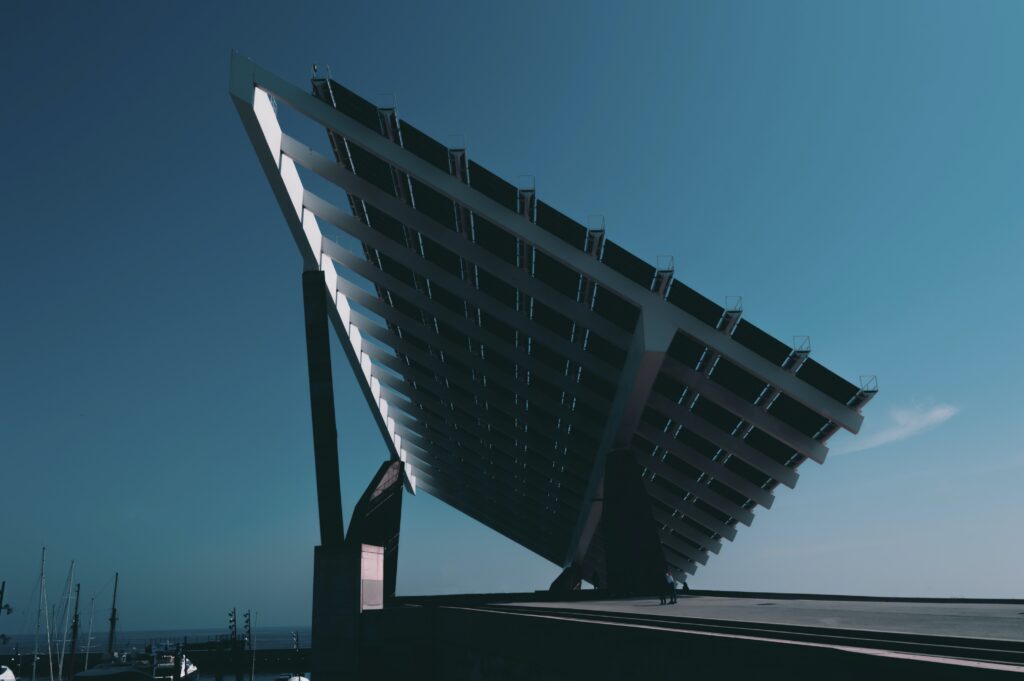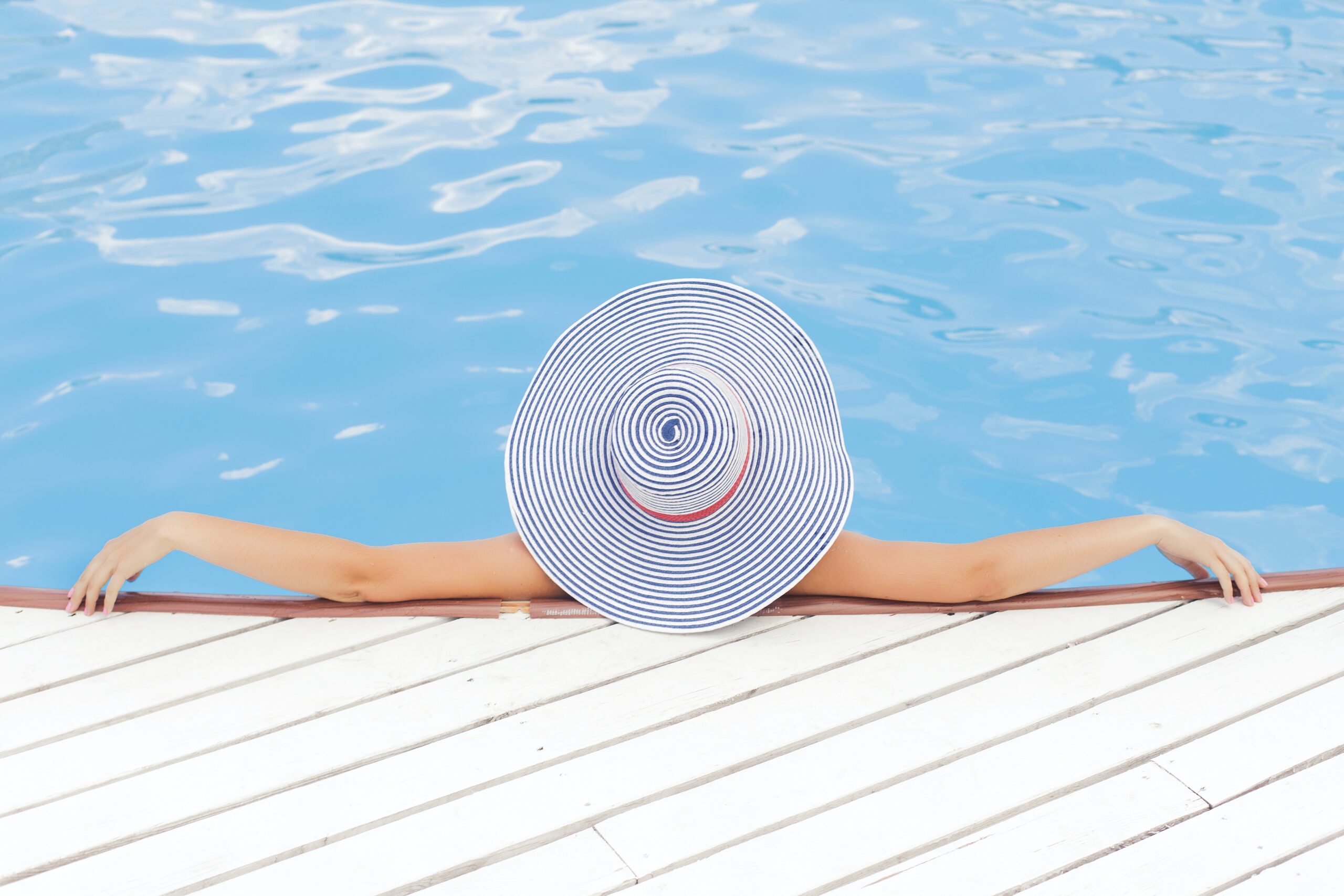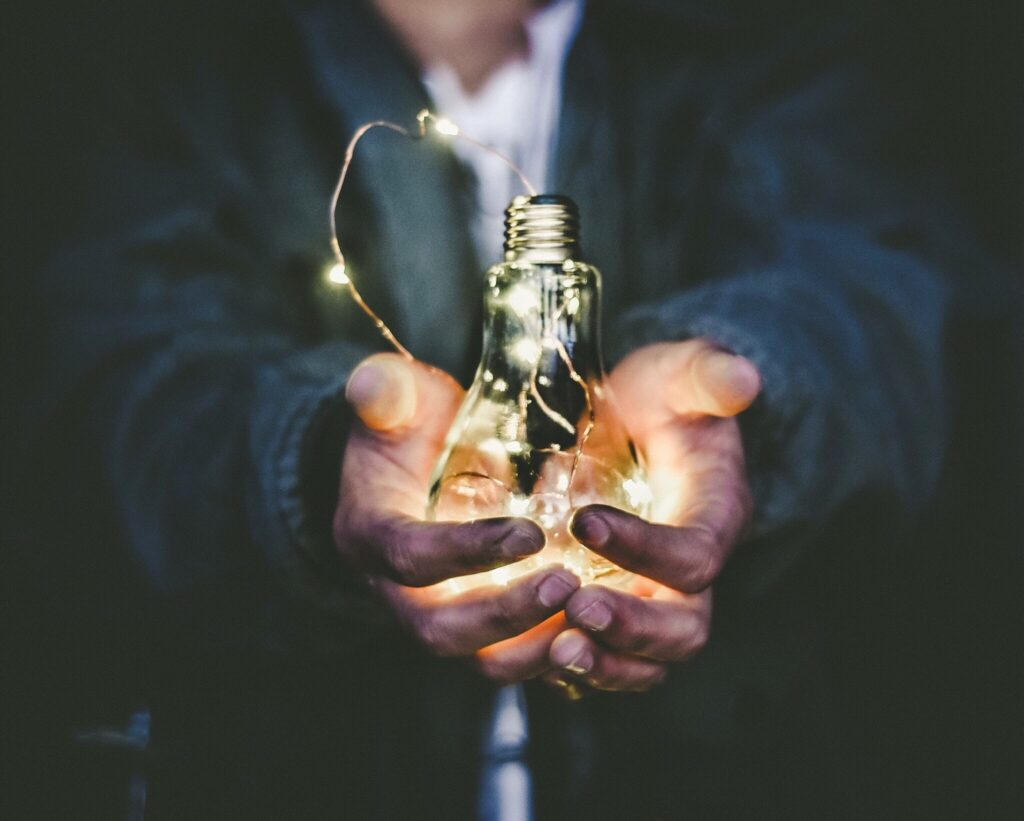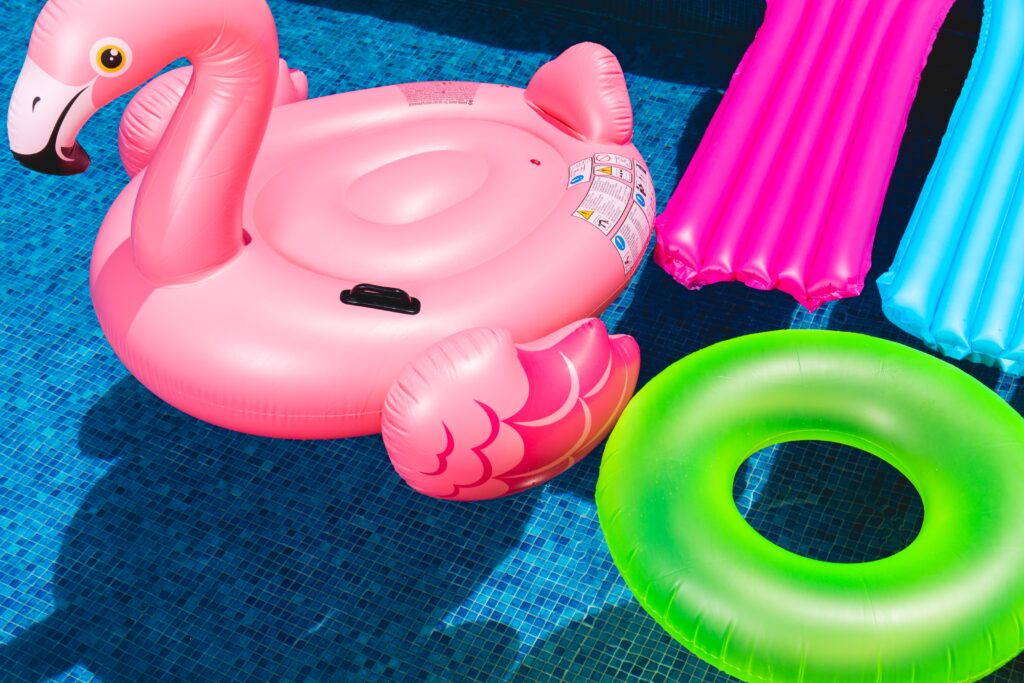Are you considering installing a pool pump or have you recently become a pool owner and are wondering about the cost? If so, you’ve come to the right place! In this article, we will be exploring the often asked question, “How much does it cost to run a pool pump 8 hours a day?” We will delve into the factors that influence the cost and provide you with a clear understanding of what to expect when it comes to powering your pool pump. So, let’s jump right in and uncover the truth behind running a pool pump for 8 hours a day!
This image is property of images.unsplash.com.
Factors Affecting Pool Pump Electricity Cost
Pool Pump Power Rating
The power rating of your pool pump is one of the key factors that determine the electricity cost. Pool pumps are typically rated in horsepower (HP) or kilowatts (kW). A higher power rating means the pump consumes more electricity, resulting in a higher cost to operate. It is important to choose a pump with the appropriate power rating for your pool size and usage requirements.
Energy Efficiency of the Pool Pump
The energy efficiency of your pool pump plays a significant role in determining the cost of electricity. Energy-efficient pumps are designed to consume less power while still effectively circulating the water in your pool. By opting for a pump with a higher energy efficiency rating, you can reduce your electricity costs without compromising on the performance of your pool pump.
Electricity Rates
The cost of electricity in your area can vary significantly, depending on factors such as location and local utility rates. It is essential to consider the electricity rates when calculating the cost of running your pool pump. Higher electricity rates will result in a higher overall cost, while lower rates can help save on electricity expenses.
Pool Size and Volume
The size and volume of your pool have a direct impact on the electricity cost of running your pool pump. Larger pools require more water circulation, which means the pump needs to work harder and consume more electricity. It is crucial to consider the size and volume of your pool when estimating the electricity cost to operate your pool pump.
Pool Filters and Cleanliness
The condition of your pool filters and the overall cleanliness of your pool can affect the electricity cost of running your pump. Clogged or dirty filters can restrict the flow of water, causing the pump to work harder and consume more electricity. Regular cleaning and maintenance of your pool filters, along with maintaining proper pool cleanliness, can help optimize the performance of your pump and reduce electricity costs.
Circulation System and Plumbing
The efficiency and design of your pool’s circulation system and plumbing can impact the electricity cost of running your pool pump. A well-designed system with properly sized pipes and efficient circulation can reduce energy consumption. On the other hand, an inefficient system with leaks or inadequate circulation can lead to higher electricity costs. It is important to ensure that your pool’s circulation system and plumbing are properly maintained and optimized for energy efficiency.
Frequency of Pool Usage
The frequency at which you use your pool also affects the electricity cost of running the pool pump. If you use your pool frequently, the pump will need to run more often to maintain water circulation and cleanliness. Conversely, if you use your pool less frequently, you may be able to reduce the pump’s runtime and lower your electricity costs. Consider your pool usage patterns when estimating the electricity cost for your pool pump.
Geographical Location
Your geographical location can impact the cost of operating your pool pump due to environmental factors. In areas with high temperatures or extreme weather conditions, the pump may need to work harder to maintain optimal water quality and temperature. This increased workload can result in higher electricity costs. Additionally, areas with higher humidity levels may require more frequent pump operation to prevent bacteria growth and algae formation. Take into account your geographical location when assessing the electricity cost for your pool pump.
Time of Day and Peak/Off-Peak Hours
The time of day you choose to run your pool pump can affect the electricity cost. Some electricity providers offer different rates for different times of the day, with off-peak hours generally having lower rates. By scheduling your pool pump operation during off-peak hours, you can potentially reduce your electricity costs. Check with your local utility provider to determine if they offer any time-of-use pricing options and consider adjusting your pool pump schedule accordingly.
Calculating Electricity Cost for Pool Pump
Determining the Pool Pump Power Consumption
To calculate the electricity cost for your pool pump, you first need to determine the power consumption of the pump. The power consumption is usually indicated on the pump’s label or in the manufacturer’s specifications. It is usually measured in watts (W) or kilowatts (kW). If only the pump’s horsepower (HP) rating is provided, you can convert it to kilowatts using online conversion tools. Multiply the power consumption by the number of hours the pump runs daily to obtain the daily power consumption.
Understanding the Electricity Rate Structure
Understanding the electricity rate structure is crucial for accurately calculating the electricity cost for your pool pump. Electricity rates are typically structured as a cost per kilowatt-hour (kWh), which is the unit of measurement for electricity consumption. Check your electricity bill or contact your utility provider to determine the current electricity rate applicable to your account.
Calculating Daily Electricity Cost
To calculate the daily electricity cost for your pool pump, multiply the daily power consumption (in kilowatts) of the pump by the electricity rate per kilowatt-hour. The result will be the amount you spend on electricity to operate your pool pump for a single day.
Calculating Monthly Electricity Cost
To determine the monthly electricity cost, multiply the daily electricity cost by the number of days in a month. This will give you an estimate of the amount you can expect to pay for electricity to run your pool pump for a month.
Calculating Annual Electricity Cost
To calculate the annual electricity cost, multiply the monthly electricity cost by twelve. This will provide an estimate of the total amount you will spend on electricity to operate your pool pump for a year.
Considerations for Reducing Pool Pump Electricity Cost
Switching to a More Energy-Efficient Pool Pump
One of the most effective ways to reduce pool pump electricity costs is by switching to a more energy-efficient pump. Energy-efficient pumps are designed to consume less electricity while still providing sufficient water circulation. Look for pumps with the Energy Star certification, as they have been verified to meet strict energy efficiency standards. Although energy-efficient pumps may have a higher upfront cost, the long-term savings in electricity expenses make them a worthwhile investment.
Optimizing Pool Pump Run Time
By optimizing your pool pump’s run time, you can reduce the electricity cost without compromising water quality. It is not always necessary to run the pool pump for the full eight hours a day. Consider adjusting the run time based on factors such as pool size, usage patterns, and local climate. Monitoring the water clarity and chemical balance of your pool can help determine the optimal run time for your pump.
Using Pool Covers
Using a pool cover when the pool is not in use can significantly reduce evaporation and heat loss, leading to energy savings. With a pool cover, the pump will require less runtime to maintain optimal water temperature and cleanliness. Additionally, a cover helps to prevent debris from entering the pool, reducing the strain on the pump and potential clogging of filters. Consider investing in a high-quality pool cover to minimize heat loss and evaporation, thereby reducing your electricity costs.
Maintaining Proper Pool Filtration
Regularly cleaning and maintaining your pool filters is essential for proper pool filtration and energy efficiency. Clogged or dirty filters can restrict water flow, forcing the pump to work harder and consume more electricity. Follow the manufacturer’s recommendations for filter maintenance and cleaning intervals. Additionally, regularly inspect and clean the skimmer and baskets to ensure unrestricted water flow. Well-maintained filters will optimize the pump’s performance and help reduce electricity costs.
Optimizing Pool Plumbing and Circulation System
The efficiency of your pool’s plumbing and circulation system can impact the electricity cost of running your pump. Ensure that the plumbing connections are properly sealed and free from leaks. Leaks in the system can result in water loss and require the pump to run longer to maintain water levels, leading to increased electricity consumption. Consider having a professional inspect your pool’s plumbing system and address any leaks or inefficiencies to optimize energy efficiency.
Using Variable Speed Pool Pumps
Variable speed pool pumps are designed to adjust their speed based on the required water flow, providing energy savings compared to single-speed pumps. By running the pump at a lower speed during periods of low demand, such as when the pool is not in use, you can significantly reduce electricity costs. Variable speed pumps also offer the advantage of quieter operation and longer lifespan. Consider upgrading to a variable speed pool pump for increased energy efficiency and cost savings.
Additional Cost Factors Related to Pool Maintenance
Cost of Pool Chemicals and Balancing
Maintaining proper pool chemistry is essential for water quality and safety. The cost of pool chemicals and balancing products can contribute to the overall expense of pool maintenance. Factors such as pool size, local water conditions, and frequency of pool usage will influence the amount of chemicals required. Regular monitoring and adjustment of chemical levels are necessary to keep the water balanced and prevent issues such as algae growth and bacterial contamination.
Cost of Pool Cleaning Equipment and Supplies
Proper pool cleaning requires various equipment and supplies, including vacuum cleaners, brushes, nets, and skimmers. These tools help remove debris, leaves, and other contaminants from the pool. The cost of purchasing and maintaining pool cleaning equipment, as well as the regular replacement of supplies, should be taken into consideration when assessing the total cost of pool ownership.
Cost of Regular Pool Maintenance Services
Some pool owners prefer to hire professional pool maintenance services to handle routine maintenance tasks. Regular servicing may include tasks such as pool cleaning, chemical balancing, filter maintenance, and equipment inspections. While hiring a professional can alleviate the burden of maintenance, it is important to consider the ongoing cost of these services when budgeting for pool ownership.
Cost of Pool Equipment Repair and Replacement
Pool equipment, including the pump, filters, and heaters, may require occasional repair or replacement. Factors such as the age of the equipment and frequency of use can influence the likelihood of repairs. It is important to budget for potential equipment repair or replacement costs, as unexpected failures can lead to additional expenses beyond regular maintenance.
This image is property of images.unsplash.com.
Comparing Pool Pump Electricity Cost to Other Pool Expenses
Pool Water Heating Cost
If you heat your pool water, the cost of heating can be a significant expense. Pool heaters or heat pumps utilize electricity or other fuel sources to raise the water temperature. The cost of heating depends on factors such as the pool size, desired temperature, and local energy rates. When comparing pool pump electricity cost to water heating cost, it is essential to consider the specific heating method used and its associated expenses.
Pool Lighting Cost
Pool lighting adds ambiance and enhances nighttime pool use. The cost of operating pool lights depends on the type of lighting used, such as traditional incandescent bulbs or more energy-efficient LED lights. LED lights are generally more cost-efficient in terms of both energy consumption and lifespan. When estimating the overall pool expenses, include the cost of operating pool lights, as it can vary based on the lighting technology employed.
Pool Heater and Heat Pump Cost
In addition to the electricity cost of the pool pump, if you use a pool heater or heat pump, you will incur additional expenses for fuel or electricity to heat the water. The cost of operating a pool heater or heat pump depends on factors such as the heating method, pool size, desired temperature, and local energy rates. Consider the additional cost of heating when assessing the overall expenses related to pool ownership.
Pool Cover and Reel System Cost
Investing in a pool cover and reel system can provide numerous benefits, including energy savings and reduced evaporation. However, there are costs associated with purchasing, maintaining, and replacing pool covers and reel systems. Consider the initial cost of the cover, as well as the periodic replacement cost, when comparing it to the pool pump electricity cost.
Tips for Cost-Efficient Pool Pump Operation
Optimize Pool Pump Run Time
Determine the optimal run time for your pool pump based on factors such as pool size, usage patterns, and local climate. Running the pump for longer durations than necessary will result in higher electricity costs. Regularly monitor the water clarity and chemical balance to ensure the pump operates efficiently within the optimal run time.
Consider Variable Speed Pool Pumps
Upgrade to a variable speed pool pump, which adjusts its speed based on the required water flow. Variable speed pumps offer energy savings compared to single-speed pumps, as they can operate at lower speeds during periods of low demand. Consult with a pool professional to determine the appropriate variable speed pump for your pool.
Maintain Clean Filters
Regularly clean and maintain your pool filters to optimize the efficiency of your pool pump. Clogged or dirty filters can restrict water flow and force the pump to work harder, resulting in higher electricity consumption. Follow the manufacturer’s recommendations for filter maintenance and cleaning intervals.
Monitor and Adjust Chemical Levels
Maintain proper pool chemical levels by regularly testing and adjusting the water balance. Proper chemical balance promotes water clarity and prevents issues such as algae growth and bacterial contamination. Monitoring and adjusting chemical levels reduce the strain on the pool pump, optimizing its performance and minimizing electricity costs.
Utilize Pool Covers
Use a pool cover when the pool is not in use to reduce evaporation and heat loss. Pool covers minimize the need for the pump to run for extended periods to maintain optimal water temperature and cleanliness. Invest in a high-quality pool cover that properly fits your pool to maximize energy savings.
Plan for Energy-Saving Upgrades
Consider implementing energy-saving upgrades for your pool, such as installing solar panels to power the pool pump or using a solar-powered pool heater. These upgrades may have an upfront cost but can provide long-term energy savings and reduce the overall cost of operating your pool.
This image is property of images.unsplash.com.
Conclusion
The cost of running a pool pump can vary depending on numerous factors, including the power rating of the pump, its energy efficiency, electricity rates, pool size, filtration system, and geographical location. To accurately estimate the electricity cost for your pool pump, it is essential to consider these factors and calculate the daily, monthly, and annual electricity costs. Implementing energy-saving measures, such as using more efficient pool pumps, optimizing pump run time, and utilizing pool covers, can help reduce electricity costs. Additionally, it is important to consider other pool maintenance expenses, such as pool chemicals, cleaning equipment, regular maintenance services, and potential equipment repair or replacement costs. By considering all these factors and implementing cost-effective practices, you can enjoy your pool while minimizing the associated expenses.
